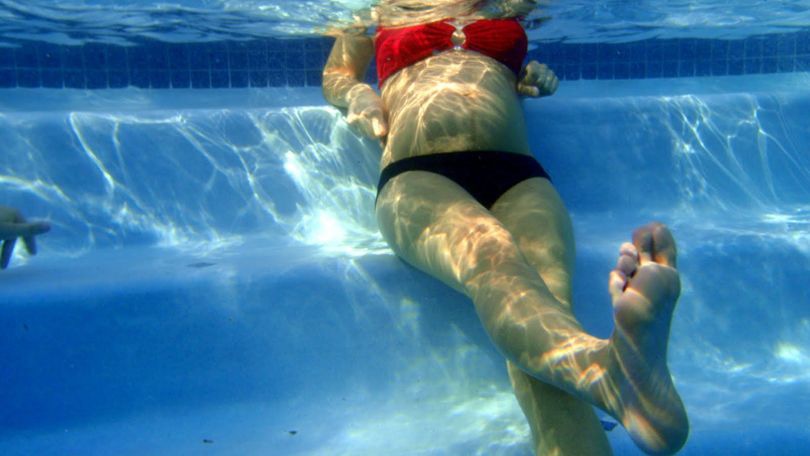
Swimming when pregnant
17/06/2015 ParentsSwimming when pregnant is safe and can help keep you in shape, relaxed and feeling good as your bump grows. Don’t let anyone tell you differently.
It offers a relatively weightless environment. Water can support up to 90% of your body’s weight, which means swimming when pregnant can offer you relief for half an hour!
A lot of women also find that swimming helps to ease swelling in their legs and feet, or even relieve sciatic pain because it’s such a great way to get the circulation going.
Also, evidence suggests that swimming can encourage your baby to get into the best position for labour. It is also great for stress busting.
Our guide to swimming when pregnant
With a little common sense there is no reason you shouldn’t continue to enjoy swimming right into your pregnancy. And to help we’ve put together this guide:
- Early in pregnancy, all strokes are suitable.
- In late pregnancy, breaststroke may be beneficial as it promotes good posture and strengthening of the back and chest muscles.
- Backstroke is probably not such a good idea in late pregnancy as the baby may cause pressure on the main blood vessels in the abdomen.
- Remember to eat well as the calorie requirement for the same level of exercise increases in pregnancy. Provided your blood tests are satisfactory and you eat a well-balanced diet, there should be no need for additional supplementation.
- If training for more than 30 minutes or so, ensure you drink plenty of fluids supplemented with a little glucose. Your doctor or midwife will be able to advise you where necessary.
- If you ever feel light-headed, dizzy, breathless, notice an irregular heartbeat, experience lower abdominal pain or uterine contractions, bleed vaginally or lose fluids you should leave the water immediately and seek expert advice.
- If you have a history of recurrent miscarriage, ruptured membranes, early labour, a weak cervix, multiple pregnancies or heart and lung disease you may want to take advice from your midwife or doctor before starting a new swimming programme.
- Avoid diving off blocks and belly-flops. Expectant mothers may find tumble turns lead more easily to acid reflux into the mouth due to the rise in pregnancy hormones.
For more information about exercise during pregnancy generally head over the NHS website here.
 Learn to Swim
Learn to Swim